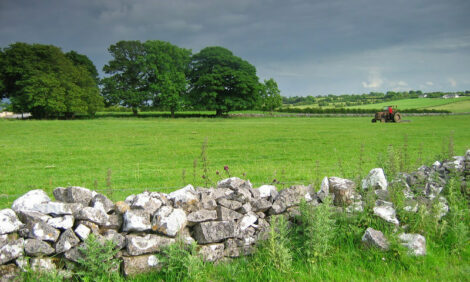



As 'organic' goes mainstream, will standards suffer?
US - Advocates are cheered by the growing appeal of organic foods. But shoppers, confused by labels, don't always get what they think they paid for.Buying organic milk these days - or organic apples, eggs, or beef - no longer has to mean an extra trip to a Whole Foods supermarket or the local co-op.
Organic products now line the shelves at Safeway and Costco. And Wal-Mart - already the nation's largest organic-milk seller - says it wants to sell more organic food. Large companies including Kraft, General Mills, and Kellogg own sizable organic- and natural-food brands. Now, they are developing organic versions of their own products, too.
Still, while some organic-food fans welcome its broadening appeal and availability, others worry that the entry of corporate behemoths into the organic-food market will weaken standards or squeeze out small farmers.
Meanwhile, consumers scanning the aisles face a jumble of labels and claims - cage-free, natural, free-range, organic - with little to indicate how well those claims match reality.
"People knew that once the demand was there, that larger companies would be in there," says Sue McGovern, spokeswoman for Organic Valley, a farmer-owned dairy and meat cooperative. "How do we feel about Kraft and other folks coming into the industry? People are split. It's a difficult question."
Source: CS Monitor







